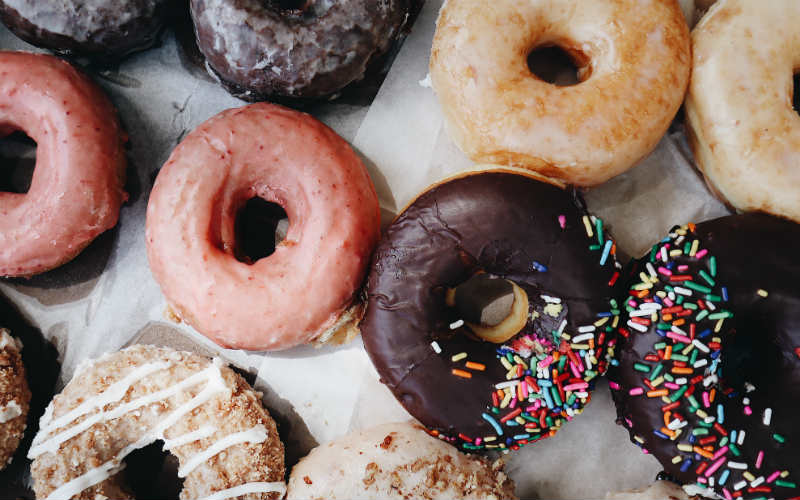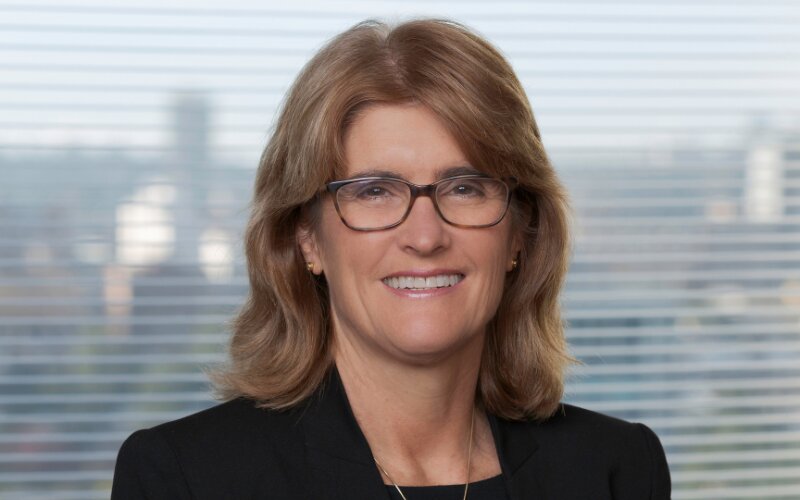As was widely tipped, the Reserve Bank has cut off the quantitative easing tap entirely, in which it purchased $4 to $5 billion per week of Australian and state government bonds for the better part of two years.
The final bond purchase will take place on 10 February.
Since the start of the pandemic, the RBA's balance sheet has more than tripled to about $640 billion - mainly made up of government bonds, and the Term Funding Facility in which it lent more than $200 billion to banks at a rate of 0.10% to 0.25%.
The Commonwealth Bank alone was the recipient of more than $50 billion, using 100% of its allocation.
When's ripe for a rate rise?
Markets have mostly priced-in a cash rate hike some time in 2022, with Westpac and CommBank economists flagging August as the first month ripe for a hike.
ANZ economists pencilled-in a month later for a rate rise, and have forecast the cash rate to lift to 0.75% by November 2022 and then reach 2% by the end of 2023.
The cash rate has been 10 basis points, or 0.10%, since November 2020, and we have to go back to November 2010 to see the last time the Bank increased the cash rate.
The United States central bank - 'the Fed' - said it will start hiking its own cash rate from March, and Atlanta's Fed President said a 50 basis point hike is on the cards.
There is more speculation surrounding the Bank's February board meeting as it's the first of the year.
Strong economic data at the end of 2021 paints Australia in a different light to that only a few short months ago when delta lockdowns persisted across the country.
The unemployment rate is in the RBA's target band to hike the cash rate, and so too is underlying inflation.
Reserve Bank Governor Dr Philip Lowe said inflation has picked up "more quickly than expected".
"While inflation has picked up, it is too early to conclude that it is sustainably within the target band. There are uncertainties about how persistent the pick-up in inflation will be as supply-side problems are resolved," Dr Lowe said.
Wages growth is the only one with potential question marks, given the latest data of a slower 2.2% rise is from September 2021, and concerns around inert migration and open borders are still omnipresent.
"Wages growth also remains modest and it is likely to be some time yet before aggregate wages growth is at a rate consistent with inflation being sustainably at target," Dr Lowe said.
"The Board is prepared to be patient as it monitors how the various factors affecting inflation in Australia evolve."
The Reserve Bank's statement of monetary policy, or SOMP, will be released on Friday, which will outline in more detail thought processes and justification for the RBA's action (or inaction).
More eyes on consumer spending, confidence
The latest ABS data shows retail sales fell 4.4% in December compared to a bumper November, representing the largest monthly fall since April 2020.
However, compared to December 2020 retail sales are 4.8% higher, which the ABS attributes to a post-delta strain spending surge.
Callam Pickering, Asia Pacific economist at global job hunting site Indeed, said retail trade will be an important metric for policymakers.
"Retail trade will be an important measure of consumer confidence in the months ahead," Mr Pickering said.
"It is one of the best measures of the impact that the omicron variant is having on household behaviour. Policymakers will be watching the retail data closely."
"Outside of the states heavily impacted by economic restrictions, retail conditions across most states have been strong throughout 2021. Larger retailers have typically benefited to a greater degree than smaller retailers."
Westpac economist Matthew Hassan also said the omicron variant is impacting retail activity.
"The complex virus situation may bring more surprises but the next sentiment shock is likely to come from higher interest rates," Mr Hassan said.
"The confident, vaccine-led flourish coming out of last year’s 'delta' lockdowns in NSW and Victoria has given way to a more nervous start to 2022 as a new virus wave rolls through.
"Card activity and mobility show a significant post-Christmas slowdown over and above usual seasonal fluctuations, consistent with consumers going into 'voluntary lockdown' in response to rising virus risks."
Photo by Larry Snickers on Pexels

Ready, Set, Buy!
Learn everything you need to know about buying property – from choosing the right property and home loan, to the purchasing process, tips to save money and more!
With bonus Q&A sheet and Crossword!


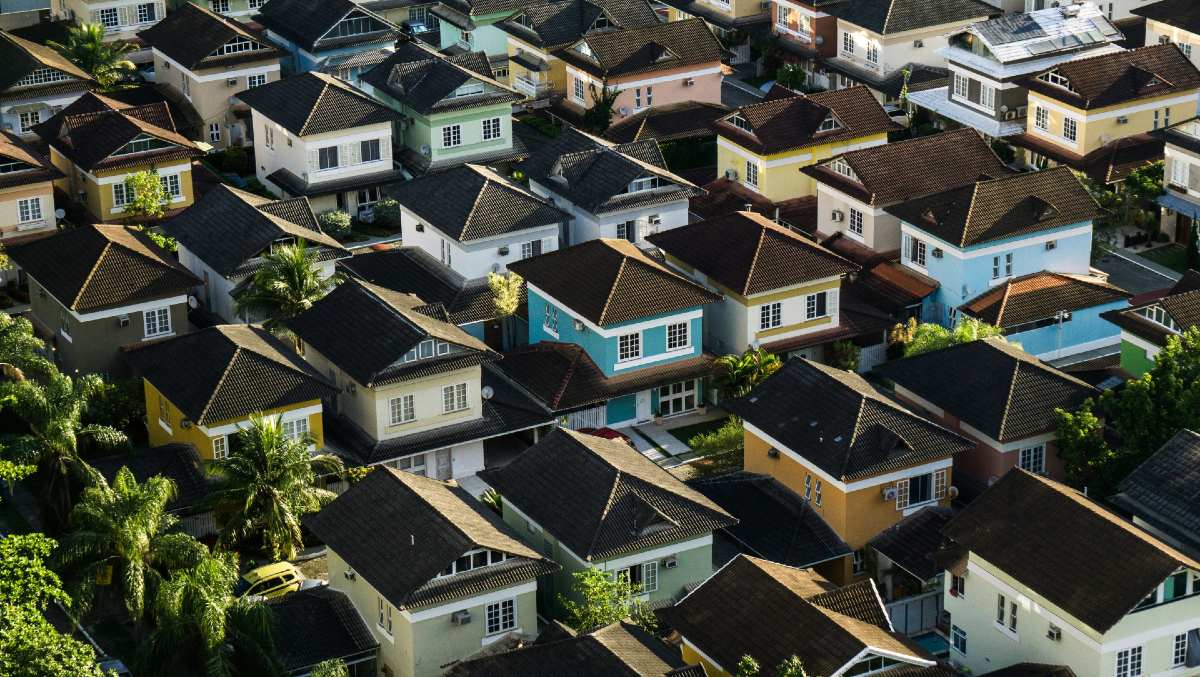
 Denise Raward
Denise Raward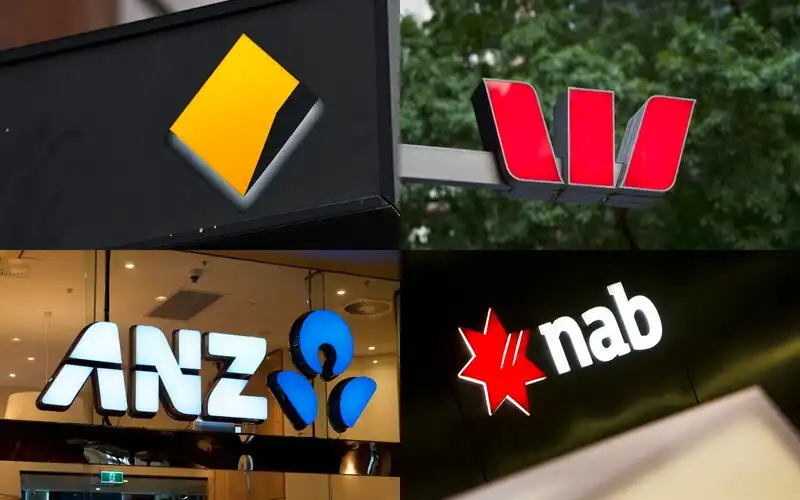
 Harrison Astbury
Harrison Astbury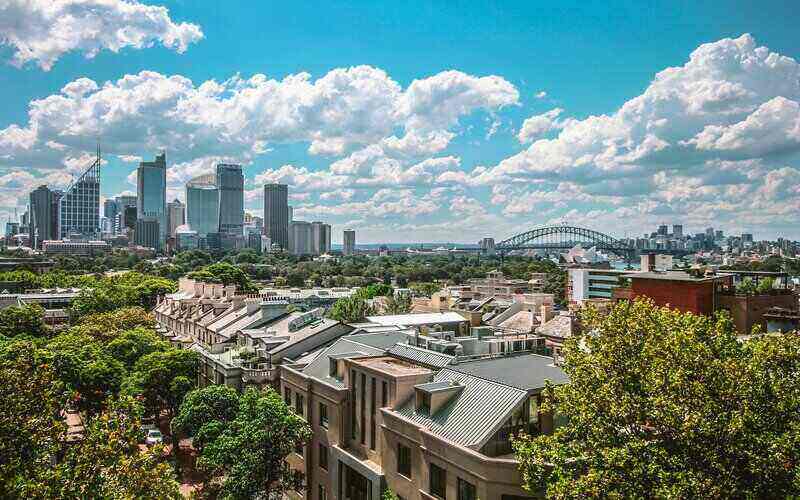
 Harry O'Sullivan
Harry O'Sullivan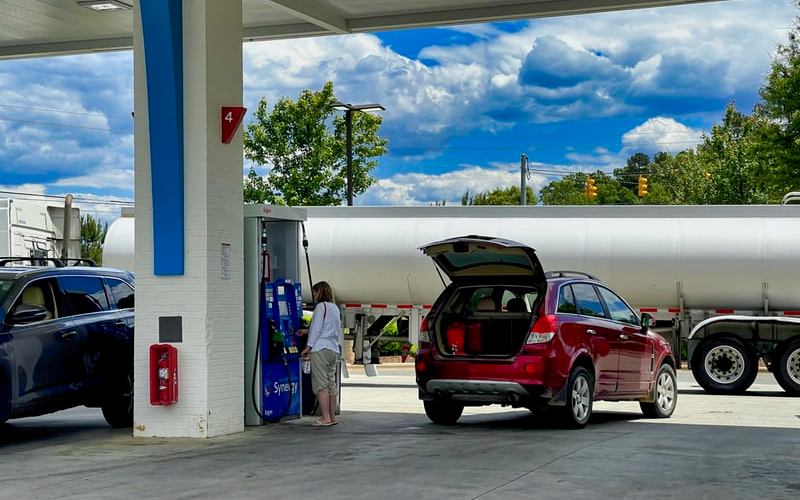
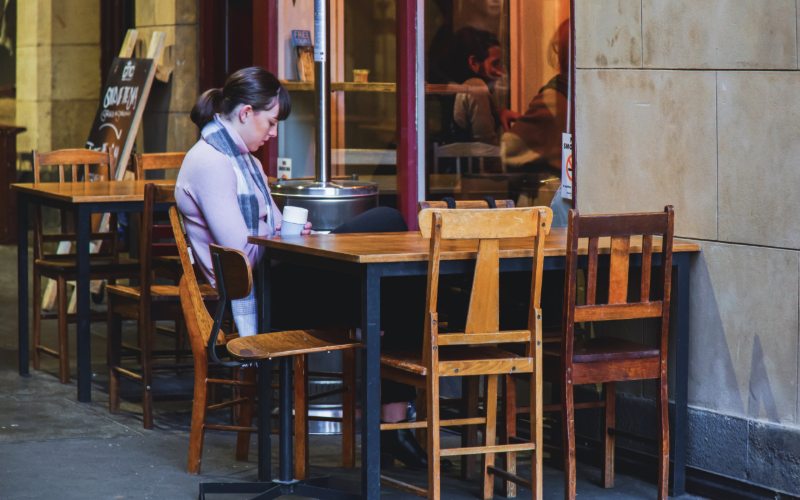
 Dominic Beattie
Dominic Beattie